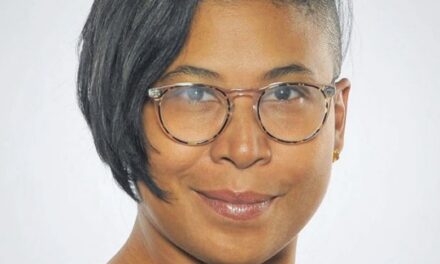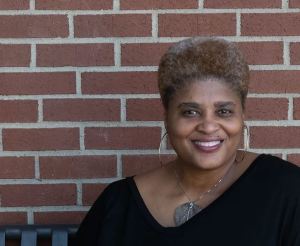By Ralph E. Moore Jr
Special to the AFRO
Black entertainers may be varied in genre and style, but from Aretha Franklin to Marvin Gaye, many have a shared background of growing up and honing their skills in the Black church.
The most powerful soul singers to walk this Earth started out singing in houses of worship.
You may have heard by now that the “Queen of Soul,” the magnificent singer, Aretha Franklin, got her start singing in public in her father’s church. Her father, the Reverend C.L. Franklin was pastor of the New Bethel Baptist Church in the city of Detroit.
After perfecting her vocal ability by raising a joyful noise to the Lord via spirituals, gospel and even the blues, Franklin rose to become the most popular and beloved singer of her time. Still today she is adored.
Franklin favored the public’s listening ears with forever chart toppers: “Respect,” “Chain of Fools,” “I Say a Little Prayer,” and of course, “Natural Woman.” On each of her hits you can hear her influences by the church. The rhythms, the way she strings out her notes and her cadences could all be sung in a church services—with a few minor changes to the lyrics, of course.
Aretha Franklin is one of a kind, the best of the best of singers in Black American music and all music. She never sang for Motown records— instead, she started out with Atlantic Records and then Arista Records.
Her most successful gospel album, entitled “Amazing Grace,” was recorded in 1972. Although Franklin died in 2018, there is no doubt her music will last forever.
Similar to Franklin, Marvin Gaye’s father was also a preacher.
Gaye was born in Washington, D.C. and sang in his father Marvin Gaye Sr.’s church, called The House of God.
Young Marvin Gaye sang in church at an early age while learning various musical instruments. Once he grew up and met Berry Gordy, the founder of Motown, Gaye became a drummer and singer with Motown Records. He would eventually go on to become a solo artist for the company and produced some of the most popular and highly favored music the organization ever produced.
His top singles include: “I Heard It Through the Grapevine,” “How Sweet It Is To Be Loved By You,” “Ain’t Nothing Like the Real Thing” and the hit, “Ain’t No Mountain High Enough,” which featured the unforgettable Tammi Terrell.
Gaye will forever be remembered for his phenomenal album, “What’s Going On?,” released in 1971.
Rumor has it Berry Gordy tried to discourage Gaye from putting the record out. Gordy felt like the tune wasn’t commercial enough, but Gaye insisted and the rest is Black musical history, which transcends race—like many great, Black contributions to this country.
Along with Franklin and Gaye, there are countless other vocalists and entertainment groups with origins in the Black Church.
The Staple Singers were a gospel group that got their start in Mississippi and Chicago churches. The head of their singing group was the head of their family, Roebuck ‘Pop’ Staples. The other performers in the Staple Singers were daughters Mavis, Cleotha and Yvonne and son, Pervis. Together, they expanded from church to popular music with catchy songs such as ‘Respect Yourself,’ ‘Touch a Hand (Make a Friend),’ and one of two of their biggest hits, ‘I’ll Take You There.’
The Staple Singers’ other number one song also became a movie soundtrack, ‘Do it Again,’ which the family co-produced with Curtis Mayfield.
Though surprising to some, it’s clear that Black artists were born in the church, but thrived on records and radios in the popular realm. Other performers who started out in church include: Otis Redding (‘Sittin’ On the Dock of the Bay,’), Whitney Houston (‘Saving All My Love For You,’) The Emotions (‘So I Can Love You’) and many others too numerous to mention.
So, church congregations were the first audiences for Black music. The ears of Black folks were the first to hear the spectacular voices that remain with us forever.
God smiled on the singers then, and God is probably snapping his-her fingers to their joyful noises today.
The post Black Music Month: a salute to the Black church appeared first on AFRO American Newspapers .














